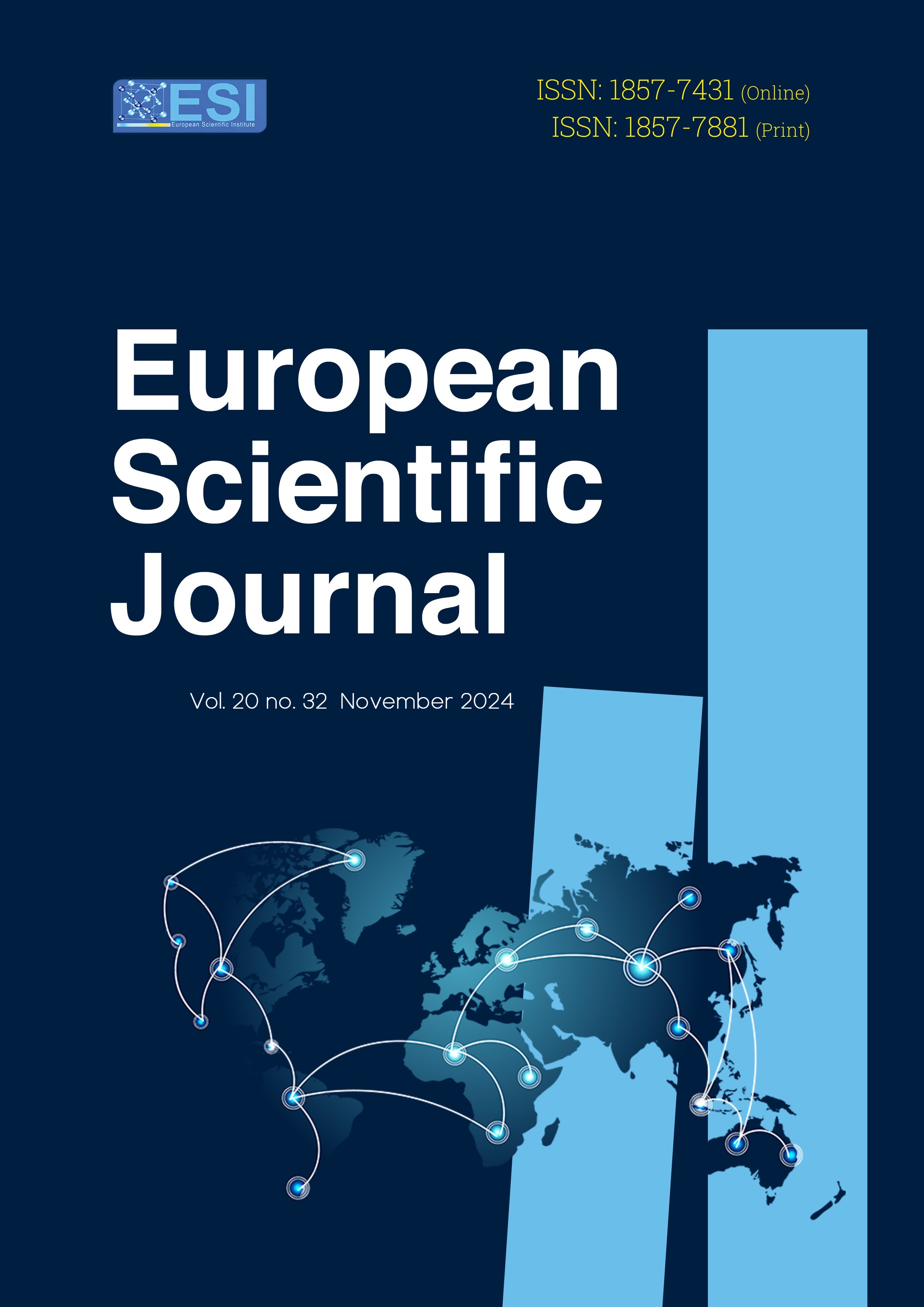Language Play in Postmodern Literature: A Study of Lydia Davis' Stories
Abstract
The paper explores the role of language play in postmodern literature through a close examination of Lydia Davis' stories. Known for her minimalist style, Davis employs innovative narrative techniques and distinctive word choices to disrupt conventional storytelling and invite readers into a complex interaction with language. The analysis highlights how Davis’ manipulation of narrative structure and stylistic devices – such as fragmentation, repetition, irony, etc. – transforms language from a simple medium of expression into a subject of inquiry. This study examines the function of language play in her stories, emphasizing how Davis’ techniques reflect broader postmodern themes of ambiguity, subjectivity, and the fluid nature of meaning.
Downloads
PlumX Statistics
References
2. Blatanis, K., & Tseti, A. (2024). American studies after postmodernism: Essays on literature and criticism. SpringerLink, 1-17.
3. Davis, L. (2009). The collected stories of Lydia Davis. Farrar, Straus and Giroux.
4. Hassan, I. (1987). The postmodern turn: Essays in postmodern theory and culture. Ohio State University Press.
5. Holtz, P. (2020). Does postmodernism really entail a disregard for the truth? Similarities and differences in postmodern and critical rationalist conceptualizations of truth, progress, and empirical research methods. Frontiers in Psychology, 11. https://www.frontiersin.org/journals/psychology/articles/10.3389/fpsyg.2020.545959/full
6. Hutcheon, L. (1988). A poetics of postmodernism: History, theory, fiction. Routledge.
7. Reinoud, M. (2019). The post-truth era: Crises of truth in (post) postmodern literature. Utrecht University Student Theses. https://studenttheses.uu.nl
Copyright (c) 2024 Nino Kemertelidze, Meri Giorgadze, Manana Kajaia

This work is licensed under a Creative Commons Attribution 4.0 International License.








